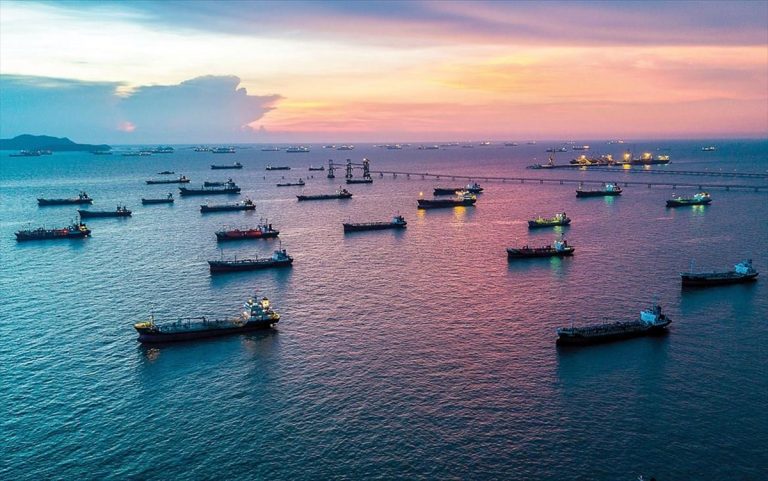
An initiative of international scope has been launched by the Union of Greek Shipowners to correct “erroneous passages” of international environmental regulations decided at the level of the International Maritime Organization (IMO).
As announced by the president Ms. Melina Travlos speaking at the annual general meeting of the UGS, the Union proceeded to set up a special Working Group within the Board of Directors, with the aim of demonstrating the weaknesses of the operational Carbon Intensity Indicator (the well-known CII), the implementation of which started as early as January 1 of this year, by worldwide shipping.
International shipping organizations and shipping companies have also spoken about the weaknesses of the index, pointing out that a review is needed.
The new regulation, which introduces the CII index, aims to improve transport efficiency which is calculated based on carbon emissions per ton-mile of cargo. The CII obliges any ship – of specific categories, which include tankers, bulk carriers and containerships‒, with a capacity of 5,000 GT and above, to achieve a minimum level of annual operational efficiency. The operational performance rating will be graded from A to E, with each ship required to receive a rating of C and above.
If a ship receives a D rating for three consecutive years, or if it receives an E rating, a corrective action plan must be developed and approved by the flag or classifier. The ship’s evaluation will be carried out by its flag state, based on a report provided by the ship’s management company within the last three months of each year. It is worth noting that, at present, even if a ship does not meet the C rating target, under the existing framework the impact will not be significant – beyond the need to submit a corrective action plan in the cases mentioned.
However, as underlined by UGS president Ms. Melina Travlos compliance with the CII index will show weaknesses. Ultimately, the measure does injustice to all ships, according to Ms. Travlos who explained that “we are collecting and will evaluate the data, so that we can formulate and promote proposals that can improve the regulation and mitigate its effects”.
The need for interventions to correct the CII index has also been pointed out by the International Association of Dry Cargo Shipowners (INTERCARGO). As its president, Mr. Dimitris Fafalios, pointed out, the CII cannot be used to achieve the desired decarbonisation goals under real operating conditions, as it will not offer fair and transparent emission reductions.
According to the CII rating system, ships are rated based on the distance they travel, the speed as well as the intensity of use of the vessel. However, the evaluation of the ship is affected by many factors that are not in the hands of the ship owners.
Such factors are adverse weather conditions, voyage distance, port waiting times, port infrastructure and charterers’ orders.
Intercargo cites the paradoxical phenomenon when looking at travel distances and port waiting times, ships with longer travel distances can produce more emissions but have a better CII, compared to ships traveling shorter distances and producing less emissions.
INTERCARGO therefore does not believe that the CII, in its current form, will achieve the desired decarbonisation goals or targets. There are significant flaws that need to be addressed to make the CII fit for purpose, he points out.
Finally, it should be noted that large liner shipping companies are also opposed to the CII index. A spokesman for Germany’s Hapag-Lloyd recently said that according to the CII a ship that does not travel and remains in port has the worst CII rating despite generating almost zero emissions. This makes no sense and should be fixed, as he pointed out.
Latest News

Cost of Living: Why Greece’s 3% Inflation Is Raising Alarm
Greece appears to be in a more difficult position when it comes to price hikes, just as we enter the era of Trump’s tariffs.

Fitch Ratings Upgrades the Four Greek Systemic Banks
NBG’s upgrade reflects the bank’s ongoing improvements in its credit profile, Fitch notes in its report, including strong profitability, a reduction in non-performing exposures (NPEs), and lower credit losses

Trump to Announce Sweeping New Tariffs Wednesday, Global Retaliation Expected
With Trump's announcement just hours away, markets, businesses, and foreign governments are bracing for the fallout of one of the most aggressive shifts in U.S. trade policy in decades.

Inflation in Greece at 3.1% in March, Eurostat Reports
Average inflation in the eurozone settled at 2.2%, compared to 2.3% in February

Greece’s Unemployment Rate Drops to 8.6% in February
Despite the overall decline, unemployment remains higher among women and young people.

Jerry Kalogiratos Highlights Key Role of Energy Transition and Data Demand in LNG Outlook
Energy transition and the prospects of LNG were discussed at Capital Link’s 19th Annual International Maritime Forum, during a panel discussion with Jerry Kalogiratos (Capital Clean Energy Carriers Corp.)

Santorini Safe and Ready for a Dynamic Tourism Season
Authenticity, cultural heritage, and genuine experiences at the center of Santorini's new promotional campaign

Electricity Bills: Greece Announces Reduced Tariffs Schedule
Greece will now offer lower electricity rates between 11:00-15:00 and 02:00-04:00

Chevron Confirms Eyeing Natural Gas Exploration South of Crete
Chevron recently declared its intent to explore a third area, south of the Peloponnese.
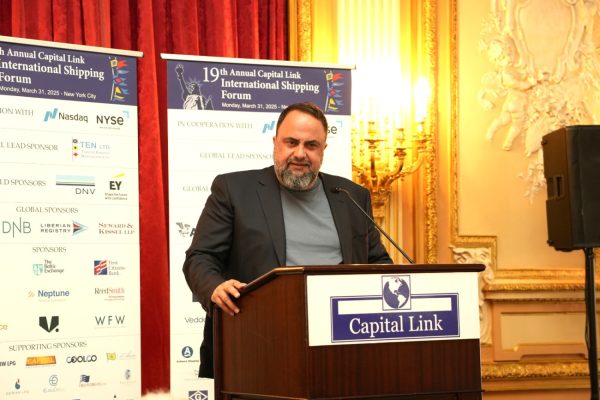
Evangelos Marinakis: A time of change from which shipping can benefit
Speaking at the 19th Annual Capital Link International Shipping Forum Evangelos Marinakis stressed the challenges that shipping faces today












![Τουρκία: Μεγάλες βλέψεις για παραγωγή ηλεκτρικών οχημάτων [γράφημα]](https://www.ot.gr/wp-content/uploads/2025/03/ot_turkish_autos-90x90.png)











![ΕΛΣΤΑΤ: Αυξήθηκε η οικοδομική δραστηριότητα κατά 15,6% το Δεκέμβριο [πίνακες]](https://www.ot.gr/wp-content/uploads/2025/03/DSC9655-2-1024x569-1-90x90.jpg)




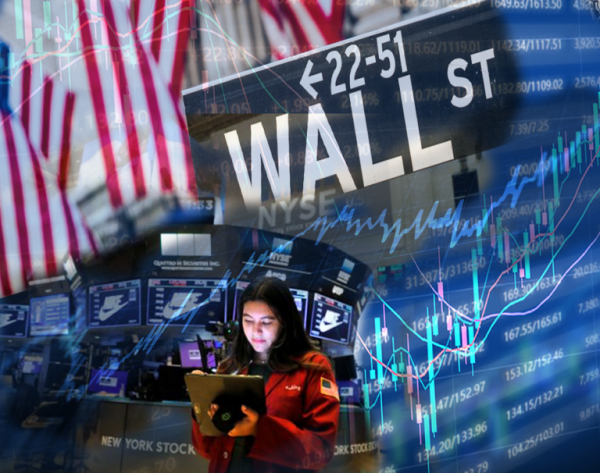
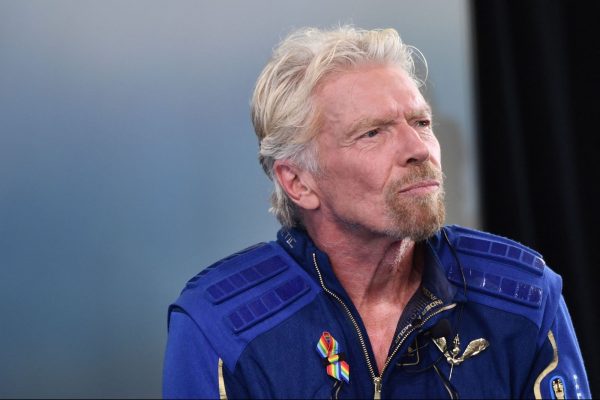

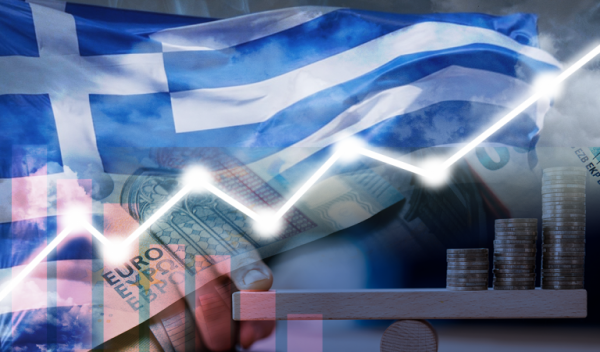
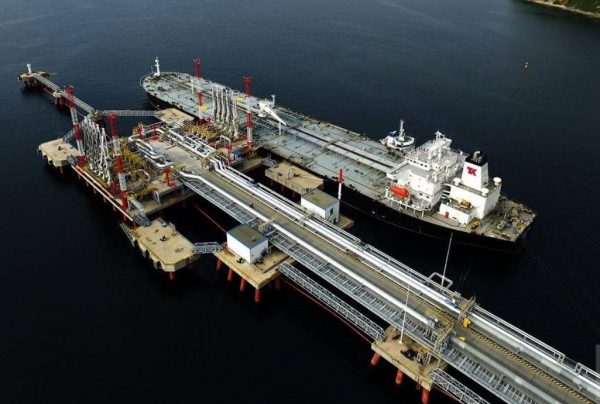
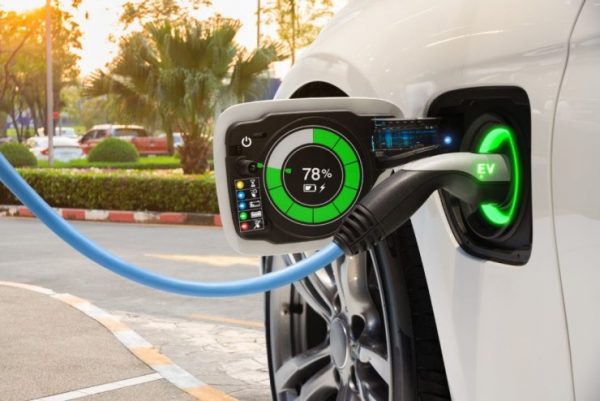







 Αριθμός Πιστοποίησης
Αριθμός Πιστοποίησης